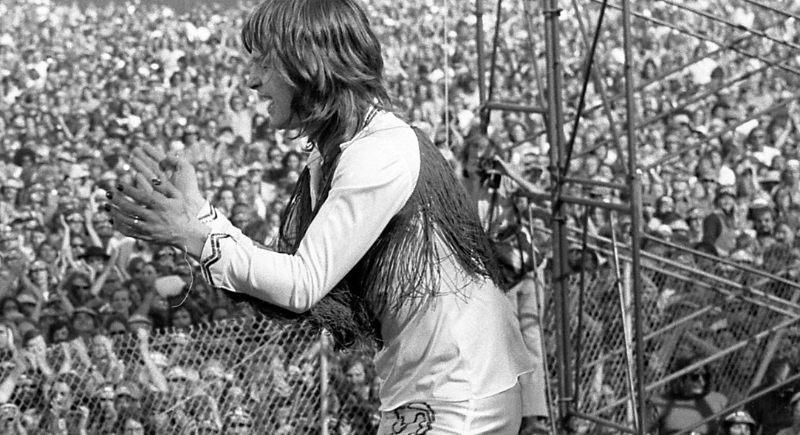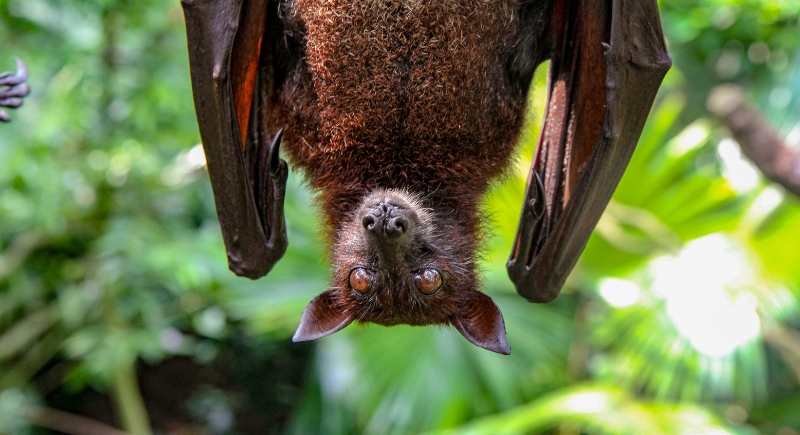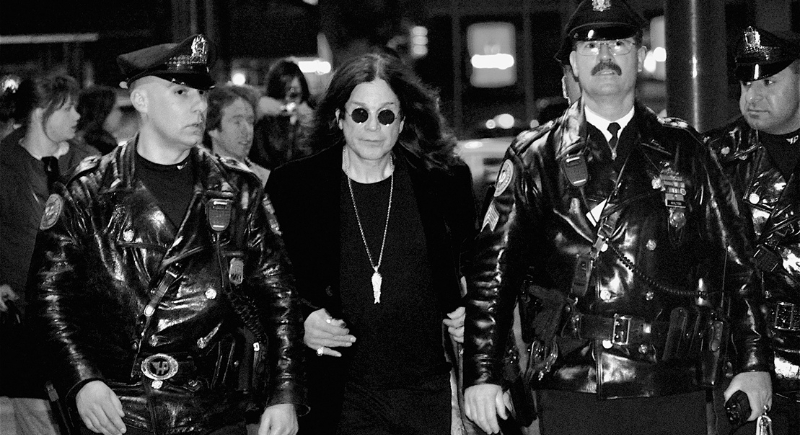Did Ozzy Osbourne Actually Bite a Bat’s Head Off on Stage?
People still talk about it like it happened yesterday. A wild rumor passed around for years, repeated in backstage stories, and whispered by anyone who claims to know their rock history. Did Ozzy Osbourne really bite the head off a bat in the middle of a show? The story sounds too outrageous to be real, but the truth behind it is even stranger than most people know.
The Night in Des Moines

Image via Wikipedia/Tony Barnard
On January 20, 1982, during his “Diary of a Madman” tour, Ozzy Osbourne was deep into an outrageous routine. He had developed a habit of tossing raw meat into the audience. Fans responded by throwing their own bizarre items back at him. It had become part of the show.
That night at Veterans Memorial Auditorium in Des Moines, Iowa, someone hurled what appeared to be a bat onto the stage. Ozzy, always quick to turn antics into spectacle, scooped it up and bit into it. The reaction in the crowd shifted instantly.
You see, Ozzy thought it was a toy, but that was a wrong assumption. Warm liquid filled his mouth, and he realized the prop was a real bat. Security rushed, and the shock in the venue was real. Within hours, Ozzy was on his way to the hospital.
How It Became Legend
The story spread fast. News outlets reported it as one of the wildest incidents in music history, and religious groups pointed to it as proof that heavy metal was corrupting audiences. Fans passed the story around like folklore, and Ozzy’s reputation for unpredictable antics only grew. He later explained the event in interviews and his autobiography, saying he thought the bat was fake until it was too late.
In some versions of the story told through the years, the bat was alive. In others, it was already dead when thrown onstage. A local concertgoer named Mark Neal later said the bat had died days before, and he brought it to the show. That detail didn’t stop the story from being repeated as though Ozzy had attacked a live animal.
The bat incident fit perfectly with the reputation he had built. Long before Des Moines, he was known for unpredictable stage behavior. He’d been dismissed from Black Sabbath because of substance issues, only to launch a solo career that leaned into theatrics and shock value. Throwing meat into the crowd became one of his calling cards.
Fans would toss sheep parts, snakes, or anything they thought might get a reaction. In a way, the shows became a wild exchange between performer and audience. Months before the bat moment, he attended a meeting with CBS Records executives with live doves as part of a peace gesture. Instead of releasing them, he bit the head off one in front of stunned staff. That moment alone could have fueled decades of rock gossip, but the bat took things to another level.
The Fallout and Rabies Shots

Image via Unsplash/rigel
After the bat bite, Ozzy needed immediate medical care. Doctors warned him that bats carry rabies, so he received a series of injections. He later joked about the process, saying the shots were far worse than any headline. For weeks, he endured nightly injections while continuing his tour schedule.
Despite the painful aftermath, Ozzy’s career soared. The story attracted media attention worldwide. He appeared on talk shows while fielding questions about what really happened on stage. Years later, he leaned into the moment by selling plush bat toys with removable heads.
More Than a Headline

Image via Wikipedia/Kevin Burkett
The 1982 show in Des Moines remains one of those nights where music history veered off into the bizarre. Ozzy never denied it happened, and he often spoke about it with humor. Yet he also pointed out that it came out of a touring culture that encouraged stunts and one‑upmanship.
Ozzy went on to sell millions of albums and headline tours worldwide. He faced health battles, personal struggles, and reinvention through television and live performances. Still, when people talk about heavy metal’s most chaotic moments today, that night in Iowa comes up. His legend, including the bat-biting one, continues even after his passing.